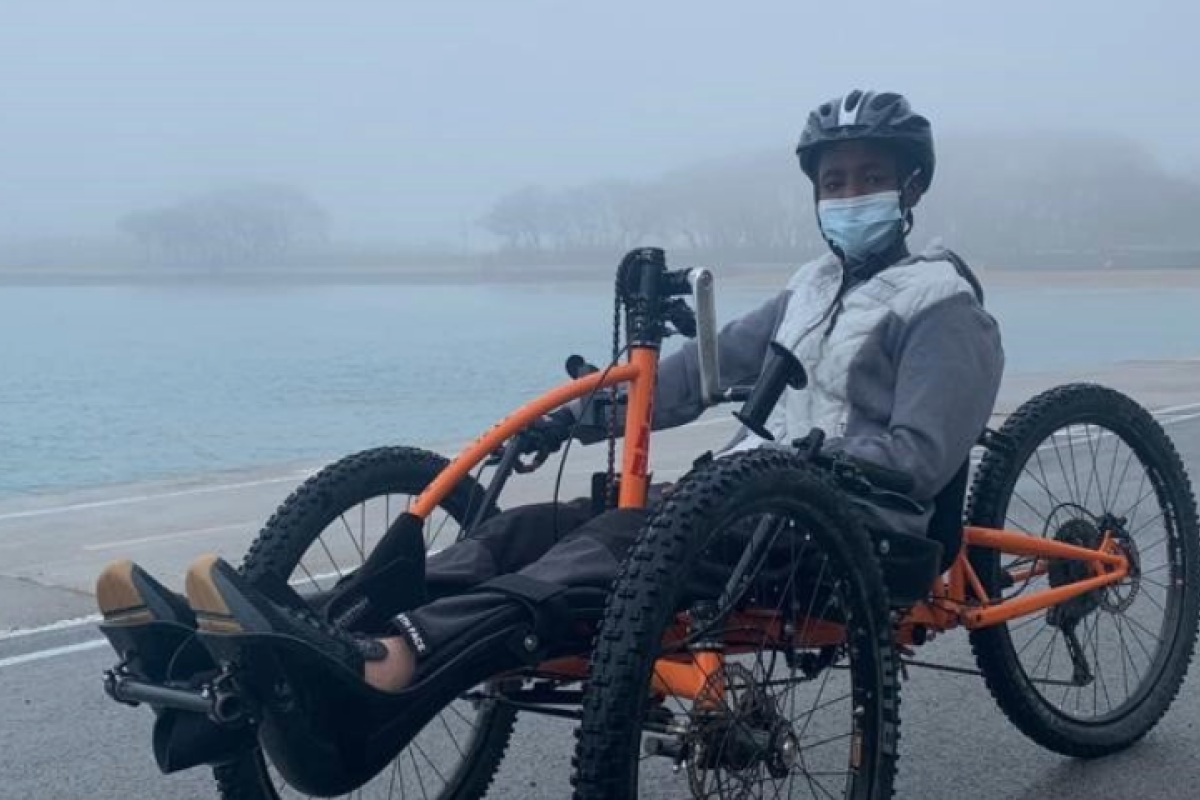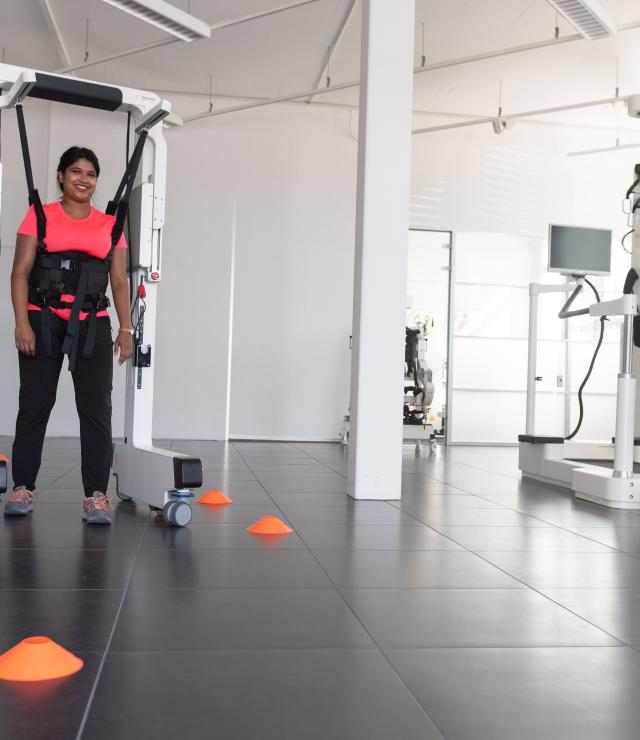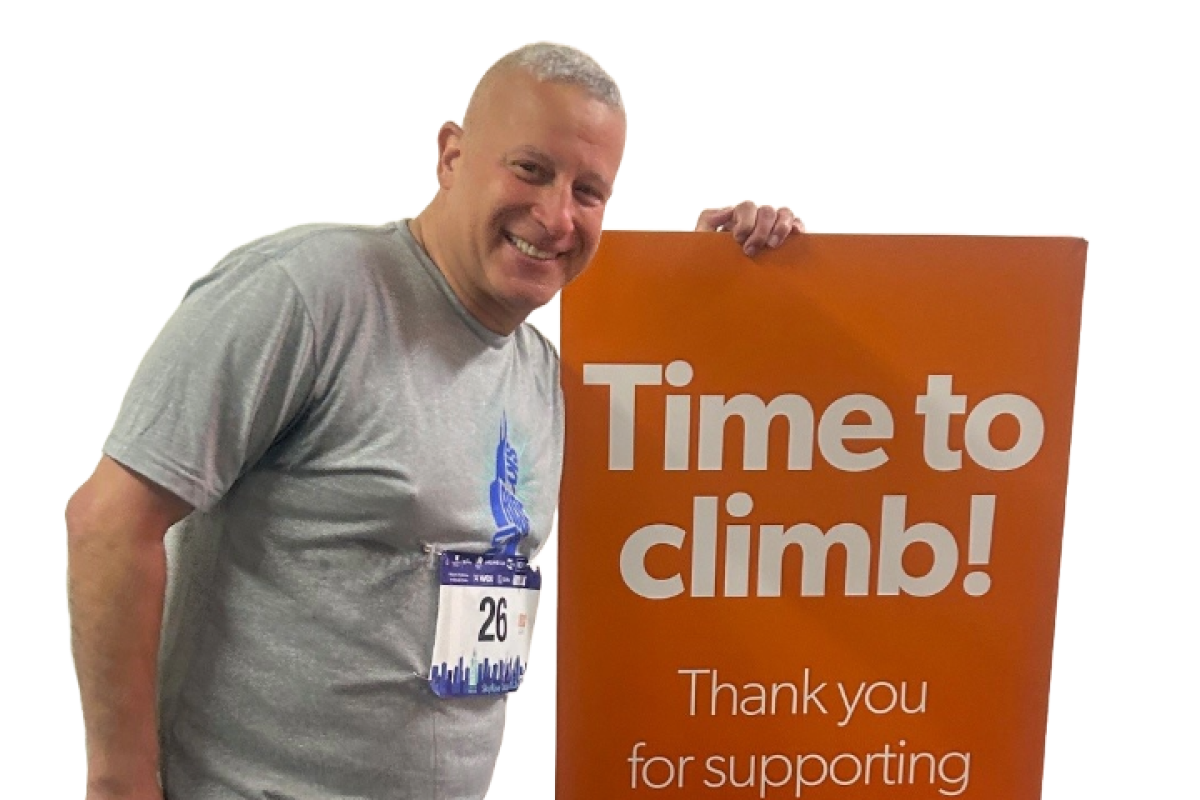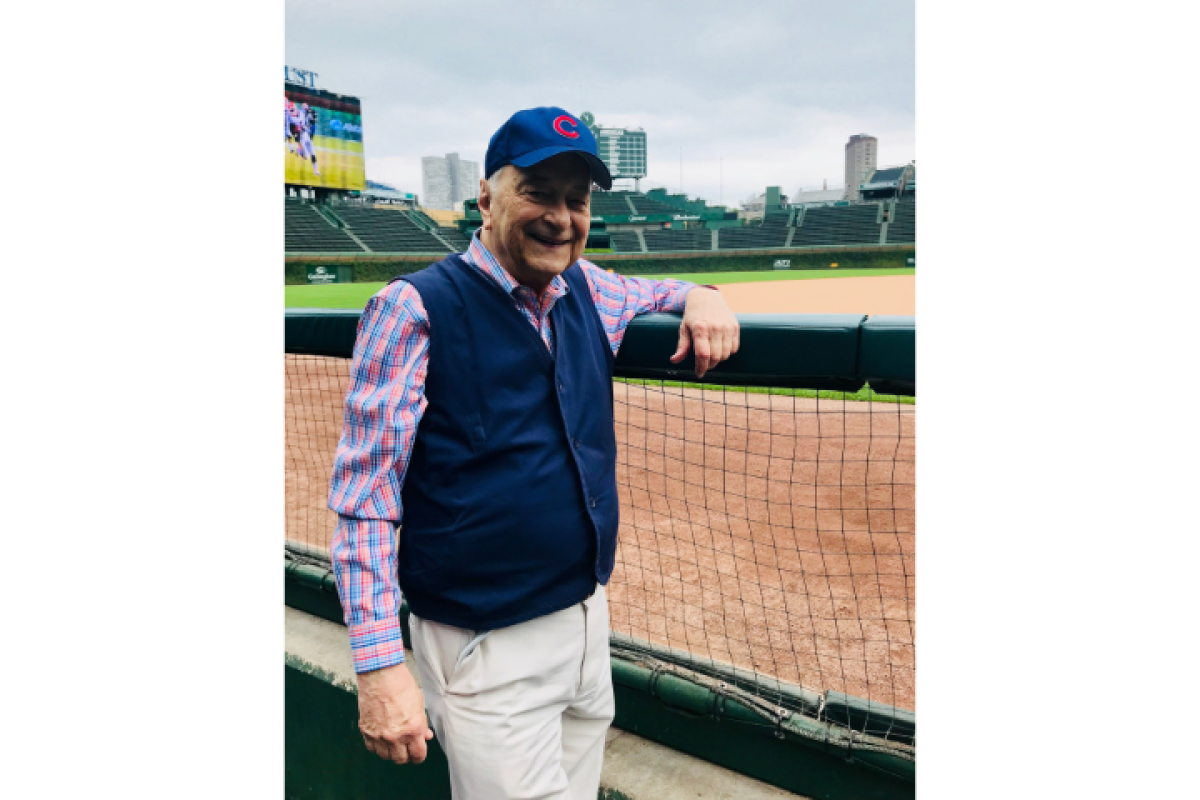Not Finding What You're Looking For?

Brain
This Center is designed for the care of diverse conditions and promotes brain healing by providing the world’s best medical & nursing supported by our research.
Innovation Center

Intrepid, Joyful Lewis Takes SCI Rehabilitation by Storm
Lewis wants to help others who are on similar journeys. “I would love to show people who have spinal cord injuries that there are always possibilities. I want to be a leader, sharing my positivity — especially in Kenya.”
Patient Story
Arun Jayaraman: Using Technology to Push Innovation and Recovery in Rehabilitation Care and Outcomes Measurement
Learn more about Arun Jayaraman and how he uses technology to push innovation and recovery in rehabilitation care and outcomes measurement at Shirley Ryan AbilityLab.
In the News

Aquatic Fitness Program
Want to increase your range of motion, core development and balance? Our aquatic programs use the resistance of warm water and pool exercise equipment to help you improve these functions as well as muscle strength and cardio endurance.
Page

Aphasia
Our aphasia experts are investigating novel ways to treat aphasia through technological innovation, research studies, and unique therapeutic treatments.
Condition

COMPLETE: Andago® Body Weight Supported Gait Training Feasibility
The purpose of this study was to understand the impact of the Andago® gait training device (Hocoma AG, Switzerland) applied during clinical inpatient rehabilitation.
Research Project

David’s Story: The Power of Possibility after Guillain-Barré Syndrome
One Saturday evening, David started to notice tingling in his feet. He assumed he had sat for too long in one position and expected it to fade by morning — but it didn’t. Instead, it spread and intensified throughout his body. He got himself to the emergency room — and collapsed at the front desk.
Patient Story
CLOSER LOOK: Cerebral Palsy Awareness Day
On National Cerebral Palsy Awareness Day, here's a closer look at what this condition means for people all over the world.
Patient Story

Bob’s Story: Helping Patients Envision Life After a Left Ventricular Assist Device
Bob, who will turn 85 on his next birthday, served as one of approximately 35 volunteers in the Peer Mentorship Program offered through the rehabilitation hospital’s Henry B. Betts, MD, LIFE Center.
Patient Story

Katharine McPhee Sings with Pediatric Patients during Visit to Shirley Ryan AbilityLab
Shirley Ryan AbilityLab recently welcomed chart-topping artist Katharine McPhee for a tour of the rehabilitation hospital — and, during her visit, she treated the hospital’s pediatric patients to a few of her favorite songs.
Blog

10 Tips from an OT to Make Your Bathroom Safer for Aging in Place
Many adults experience trouble as they age getting into and out of the shower or bathtub, or standing up from the toilet, resulting in an increased risk of falls. Whether you or a loved one are looking to safely age in place, or are recovering from an impairment, there are many ways to make bathrooms safer.
Blog



